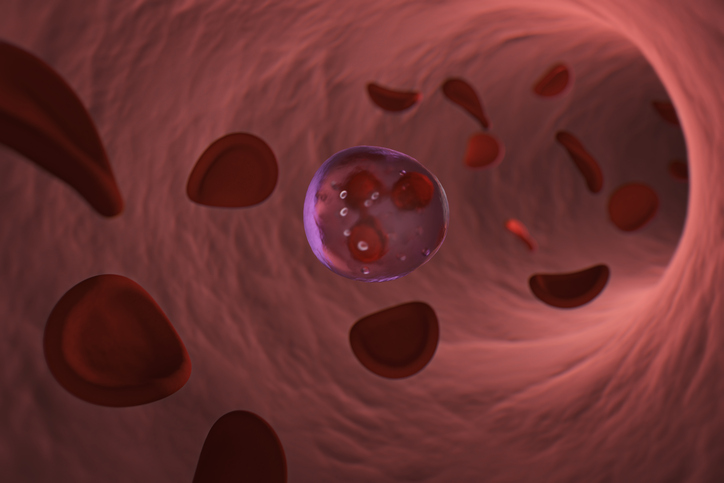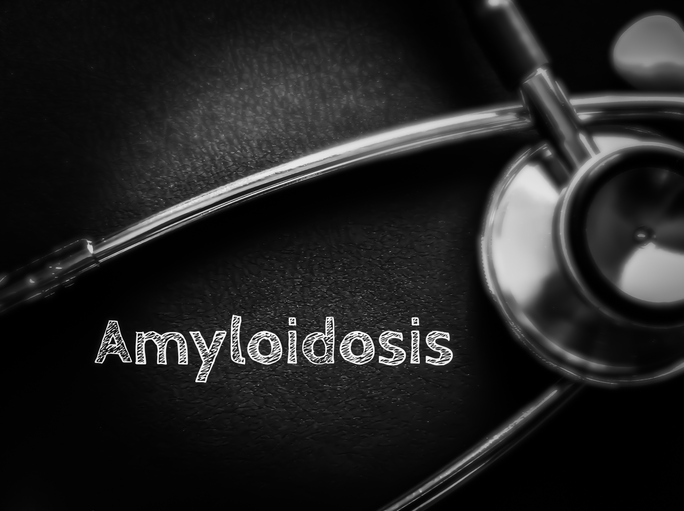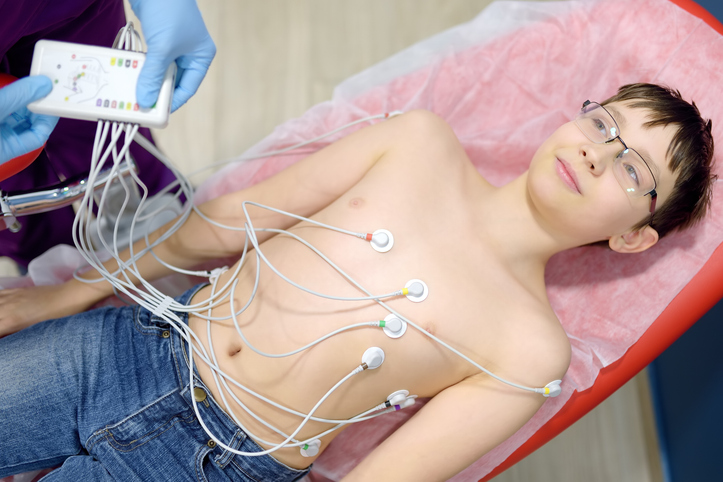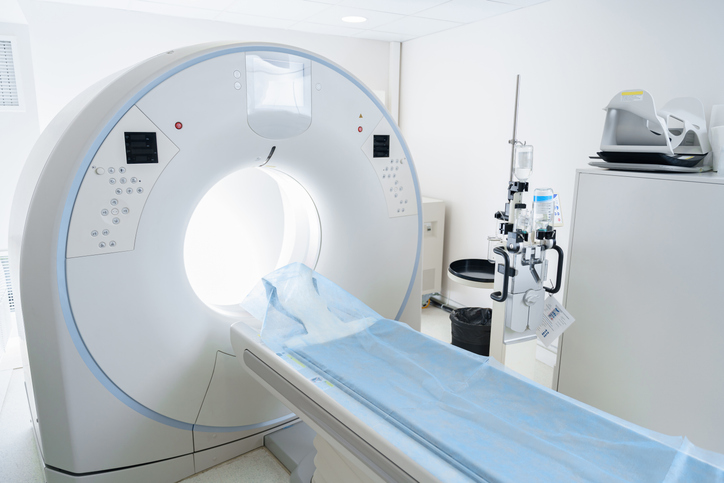
It’s no secret that digital technology has enabled and continues to enable remarkable advances in cardiology care. Here are 5 stories showing how new technologies play a variety of roles in cardiovascular care and research.
Remote-Controlled ‘Smart’ Platform Aids in CVD Treatment
A Chinese research group reports having recently demonstrated a remote-controlled smart platform that itself can direct temporally-controlled programmed vascular endothelium remodeling (in the treatment of cardiovascular disease [CVD]). “We aim to develop biomaterials with dynamic properties to actively modulate different cell functions in specific spatiotemporal manners, just like the native extracellular matrix in our bodies. We believe biomaterials with dynamic properties will contribute to the progress of wound healing and complex tissue/organ regeneration,” said lead researcher Dr. DU Xuemin from the Shenzhen Institutes of Advanced Technology of the Chinese Academy of Sciences.
Artificial Neurons Developed to Treat Chronic Illnesses, Including Heart Failure
A new report out of the University of Bath shows that for the first time, researchers have successfully reproduced the properties of biological neurons on semiconductor chips. In the context of heart failure, neurons at the base of the brain that control the strength of heart pumping could be a potential therapeutic target. “Replicating the response of respiratory neurons in bioelectronics that can be miniaturized and implanted is very exciting and opens up enormous opportunities for smarter medical devices that drive towards personalized medicine approaches to a range of diseases and disabilities,” one of the authors noted.
AI Finds Signs of Heart Disease on Lung Cancer Screens
Artificial intelligence provides an automated tool for assessing a common marker of heart disease in patients receiving chest CT scans for lung cancer screening, a new study suggests. The lung cancer CT scans pick up measures of coronary artery calcium, which are indicators of atherosclerosis and inform cardiologists as to whether a patient should be taking cholesterol-lowering medication. “We have a tool that in the future can be used on almost every chest scan to generate very clinically relevant information for a large number of patients,” one study author said.
Online Therapy Helps CVD Patients with Depression
A study population with cardiovascular disease who also lived with depression became less depressed as they engaged with developed, internet-based therapy, according to a new paper. Of the 144 CVD patients with depression (72 receiving a regimen of internet-based cognitive behavioral therapy and 72 without), one in five patients in the online therapy group had significant improvement in their clinical depression, and a higher reported quality of life. “Because of insufficient resources, all CVD patients don’t get the required care against depression, and so internet-based therapy can play an important role,” one author remarked.







 © 2025 Mashup Media, LLC, a Formedics Property. All Rights Reserved.
© 2025 Mashup Media, LLC, a Formedics Property. All Rights Reserved.